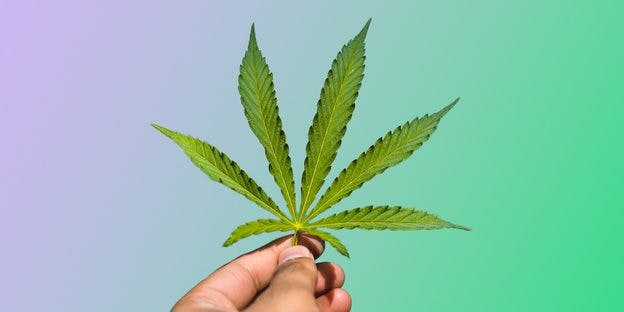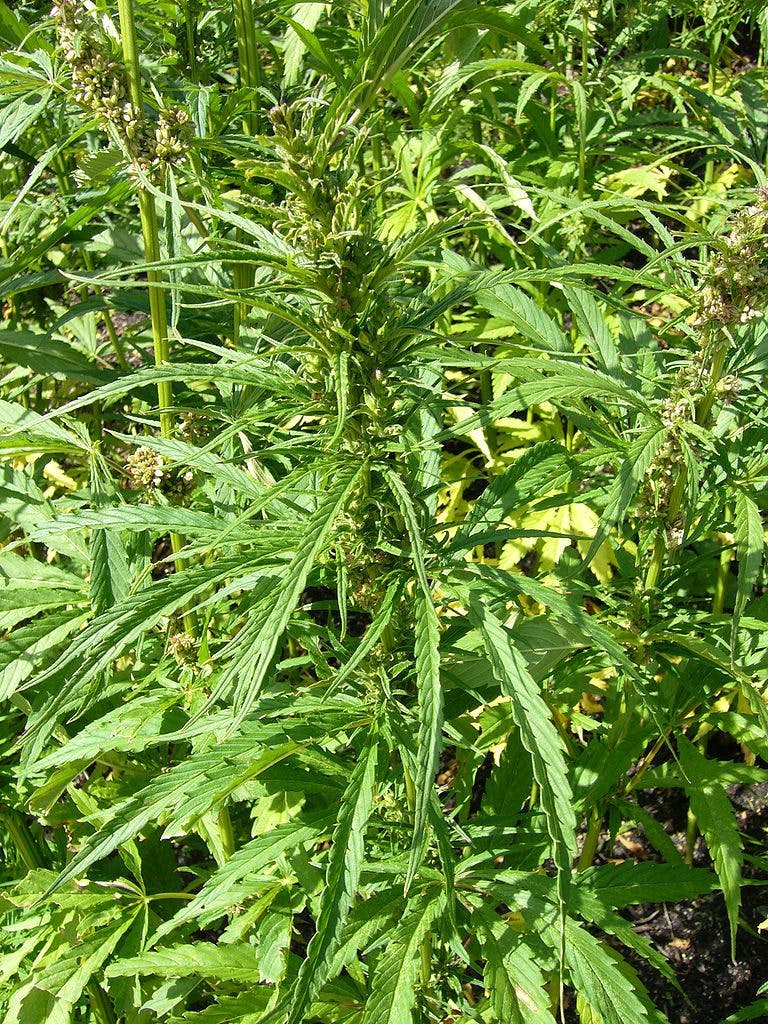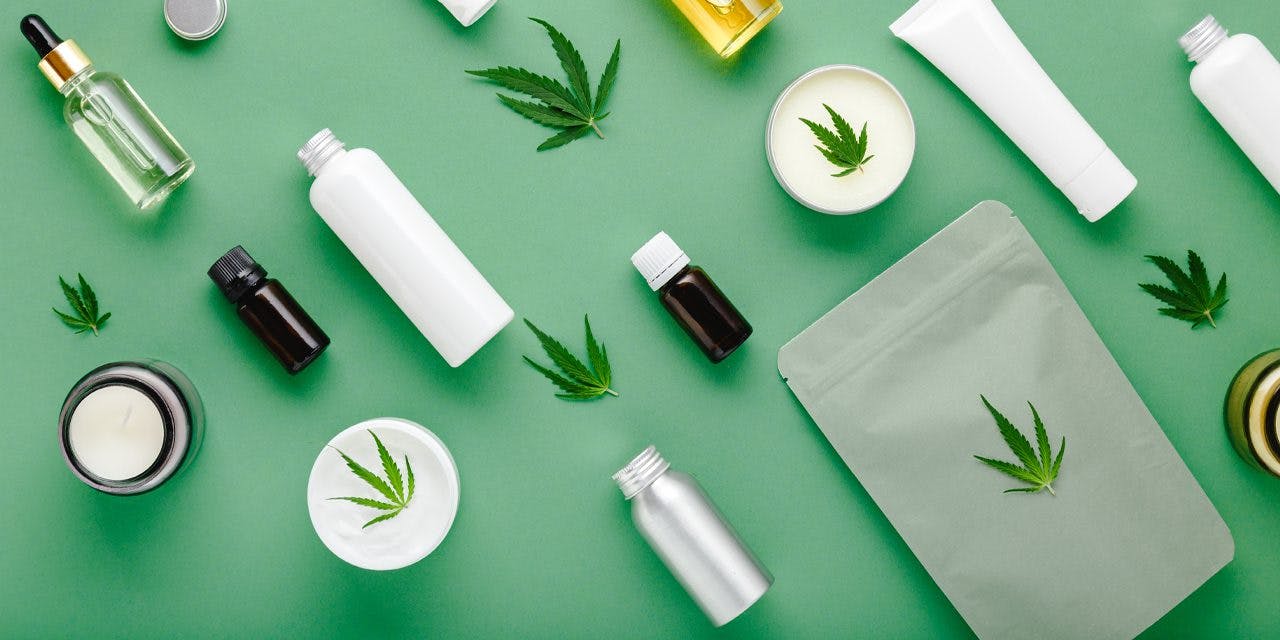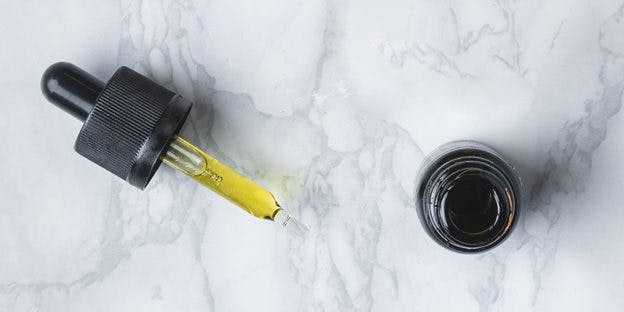What Is Hemp?

Article written by

Shanti RyleContent Writer
Content reviewed by

Dr. Lewis JasseyMedical Director - Pediatric Medicine
Hemp is a variety of cannabis grown for industrial use and contains little psychoactive components found in marijuana. The plant provides the raw materials for hemp products like rope, clothes, and textiles and is used for food, biofuel, and agriculture for its phytoremediation (soil-cleaning) properties.
While it doesn’t produce the euphoria or high that medical marijuana does, hemp is a momentous plant with plenty of industrial and health-related uses.
Get your medical marijuana card
Connect with a licensed physician online in minutes.
What Is Hemp?
Hemp is a variety of the species Cannabis sativa that shares a common genetic ancestor with the cannabis variety containing higher levels of the cannabinoid THC. Whereas cannabis is selectively bred for its buds, chemovar profile, and other psychoactive components, hemp is grown for its stalk fiber and seeds as materials and food sources.
People have used hemp for thousands of years. It’s one of the oldest domesticated crops known to humankind. Hemp farmers obtain fiber from the plant’s stems, which are used to make building materials, rope, clothing, and paper. Hemp seed oil from its leaves and flowers is useful in cooking, and its seeds are an excellent source of protein.
Today, the differences between legal hemp and what’s considered marijuana (and thus illegal) can be confusing. The federal government defines marijuana plants as hemp with more than 0.3% THC levels. However, many cultivars of cannabis contain minimal THC and high CBD but are still considered marijuana by the federal government.
Thus, the distinction between hemp and marijuana is less scientific than social, legal, and political.
How Hemp is Created
Hemp was originally a wild plant, but some 10,000 years ago, civilizations domesticated it for various industrial, medical, social, nutritional, and other uses. Most commonly, hemp is cultivated on larger agricultural plots and bred for its fiber and edible seeds to create a wide range of products. Farmers in the U.S. need a federal government license to grow and sell hemp plants and materials legally.
Uses
Hemp has long been prized for its versatility, and its many parts help create various materials and foods.
CBD oil is extracted from hemp leaves and flowers, offering a federally legal way for people to experiment with CBD as a wellness supplement. This has driven the growing popularity of CBD-focused cultivation among hemp farmers. Hemp oil is also a versatile cooking oil, while hemp seeds provide a handy source of protein and healthy fats such as omega-3s.
Hemp fibers are used primarily in textiles and clothes but also provide materials for industrial ropes, papers, and building materials (it’s often called industrial hemp in these instances).
Farmers harvest the hurds – short woody fibers found inside hemp stalks – to make everything from bedding materials to ceiling panels. The bast fibers in the outer layers of the stalks are separated into different groups depending on their thickness, which impacts the stalk portions’ strength, durability, and potential use.
Potential Benefits and Drawbacks
CBD oil from well-bred hemp plants could provide benefits for some individuals, boasting a resume of impressive anti-inflammatory and neuroprotective properties that are worthy of exploration. However, some may need higher doses of CBD when THC is absent, making hemp-derived CBD potentially cost-prohibitive. Hemp plants are also not necessarily bred for cannabinoids, meaning that a CBD product could contain very little of what it claims.
Some processors use harsher extraction methods to obtain CBD in hemp or even start with poor-quality source materials to create their oils. Plant waxes, industrial pollutants, and solvents could also be the final product.
Hemp oils and seeds are nutritious additions to the average diet, but these are different from CBD oil. The seeds are rich in protein, fiber, vitamins, and minerals and contain a healthy ratio of omega-6 to omega-3 fatty acids that benefit brain health. Hemp protein is also easier to digest than soy protein, and seeds can be eaten directly, ground into flour, and used to make hemp milk. Clothes and ropes from hemp may also be more durable than fibers, making them a sustainable alternative to other fabric crops.
Hemp vs. Marijuana: What’s the Difference?
What legally differentiates hemp from marijuana is the amount of tetrahydrocannabinol (THC) present in the two varieties of the cannabis plant. Psychoactive marijuana tends to contain more THC, whereas legal hemp must contain less than 0.3% THC on a dry-weight basis. Even with this distinction, farmers must have a license to raise hemp plants that meet criteria under U.S. federal law.
Hemp contains many of the same cannabinoids and terpenes found in marijuana but typically in much lower amounts. The breeding intent is also a notable difference between the two types of cannabis. Hemp is bred mainly for its stalk and seeds for various industrial and nutritional uses. It is also a potent bioremediation used for cleaning and restoring the soil.
What is Marijuana?
Marijuana is grown to optimize large flowers and plentiful trichomes. These trichomes contain the bulk of the cannabinoids, where THC and specific terpenes are prized by cultivators seeking to increase psychoactivity and achieve desirable flavor profiles. Breeders have selected other cannabinoids, such as CBD, cannabigerol, CBN, and tetrahydrocannabivarin (THCV), for their potential therapeutic utility in the last few decades.
Marijuana’s cannabinoids and other compounds interact with the body’s endocannabinoid system (ECS), which is responsible for maintaining functions such as fertility, immunity, appetite, memory, and other processes involved with maintaining balance in the body.
Uses
While many use marijuana to achieve its euphoric high, cannabis does much more. Research has implicated cannabis in the management and treatment of a wide variety of medical conditions, with many of the following approved as a treatment in different states:
- ALS (aka Lou Gehrig’s Disease)
- Anxiety disorders and depression
- Autism
- Cachexia or wasting syndrome (some states also consider anorexia or bulimia a qualifying condition)
- Cancer (and chemotherapy side effects)
- Chronic pain (for some states, this can include migraines, headaches, and arthritis)
- Glaucoma
- Hepatitis C
- HIV/AIDS
- Inflammatory bowel diseases, such as Crohn’s and ulcerative colitis
- Neurodegenerative diseases (e.g., Alzheimer’s, Multiple sclerosis, Huntington’s disease, Parkinson’s disease
- Persistent muscle spasms and cramps from certain medical conditions
- Post-traumatic stress disorder (PTSD)
- Seizures (e.g., from epilepsy)
- Severe nausea
- Spinal cord injuries or diseases
Potential Benefits
Research is just scratching the surface of the possible health benefits of marijuana. Aside from its legalized medical uses, cannabis offers several general benefits to one’s overall health, such as helping relieve chronic pain and soothing anxiety.
Potential Risks and Drawbacks
Marijuana’s drug profile is unlike any other medicine in that there is no known lethal dose, but it does carry some risks and adverse side effects, including:
- Anxiety or paranoia
- Sleepiness or lethargy
- Feeling hot and sweaty or cold
- The “munchies” (extreme hunger pangs)
- Sense of a loss of self; dissociation from the body
- “Cotton” or “dry” mouth (i.e., a lack of saliva)
- Short-term memory loss
- Dizziness and nausea
- Dry, red eyes
- Increased heart rate
- In rare cases, psychotic episodes
These side effects increase in severity based on various factors. For example, marijuana products with high concentrations of THC may cause someone with a low tolerance to experience more adverse effects than someone with a higher tolerance for the cannabinoid. So, if you’re new to using marijuana, be careful about consuming products with a high THC content.
The Bottom Line
Hemp and marijuana are practically the same, outside the legal definitions governing each plant. Hemp flower is primarily bred for its materials, whereas marijuana is bred for its phytocannabinoid content and can produce intoxicating effects.
Depending on your medical needs, hemp may be as much as you need to improve your overall wellness. If you have a more serious medical condition, marijuana with higher THC levels may be better suited.
It’s worth knowing your options to make an informed decision regarding your health.
Get Your Medical Card
Connect with a licensed physician online in minutes.
Originally Published: July 2022
Last Updated: March 2024
Frequently Asked Questions
Is hemp a narcotic?
Hemp is a plant. The U.S. FDA states that hemp is legal to grow and consume as long as it contains no more than 0.3% THC per dry weight. CBD, considered a drug sourced from marijuana, can be legally extracted from hemp.
Will hemp come up on a drug test?
Hemp is a plant and is hardly ever bred for its high cannabinoid content. Drug tests check for metabolites from cannabinoids — specifically THC — but a test would not register positive because, by federal law, hemp products cannot legally contain more than 0.3% THC, which is lower than most drug tests can detect.
Is hemp a drug?
Hemp is not a drug; it is a plant bred to harvest its stalk and seeds for industrial and food use.



